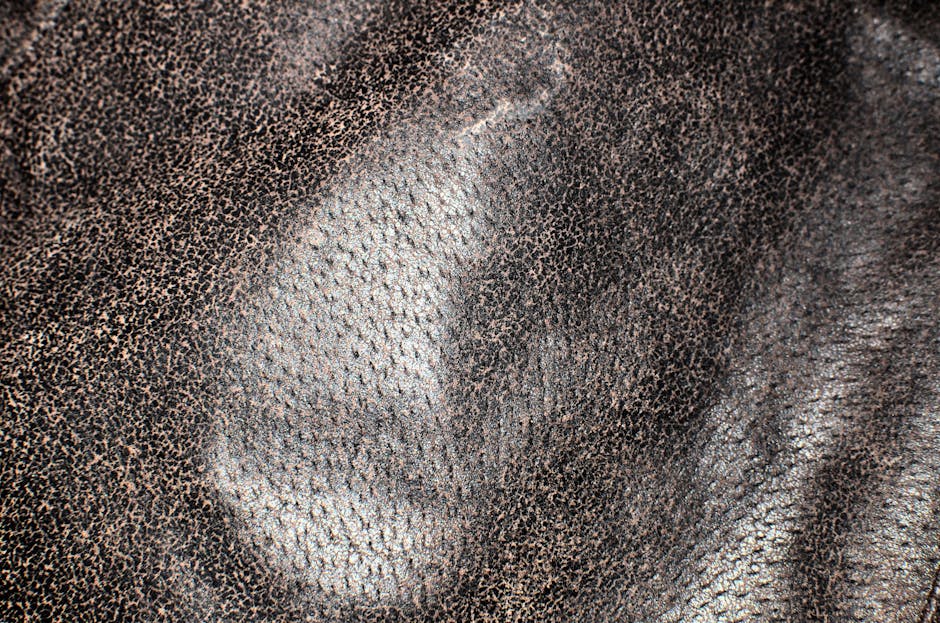Many people struggle with acne, blemishes, and other skin issues that can affect their self-confidence. However, achieving clear skin is not impossible. Here's a comprehensive guide to help you transform your skin and enjoy a healthy, radiant complexion.
**Understand Your Skin Type**
The first step to clear skin is understanding your skin type. Different skin types require different products and treatments. If you have oily skin, you'll need products that regulate sebum production. Dry skin benefits from moisturizing and hydrating products. Combination skin is a mix of oily and dry areas, requiring a balanced approach. Knowing your skin type will guide you towards the most effective skincare routine.
**Establish a Daily Cleansing Routine**
Cleansing is crucial for removing dirt, oil, and impurities from your skin. Choose a cleanser that suits your skin type and avoid harsh products that can strip your skin of its natural oils. Cleanse your face twice daily, morning and evening, with lukewarm water.
**Exfoliate Regularly**
Exfoliation removes dead skin cells, which can clog pores and lead to acne. Use a gentle exfoliating scrub once or twice a week to remove buildup and promote cell turnover. Be careful not to over-exfoliate, as this can irritate your skin.
**Moisturize Adequately**
Even oily skin needs moisture. Choose a moisturizer that is non-comedogenic, meaning it won't clog pores. Look for products with humectants like hyaluronic acid or ceramides that help retain moisture and keep your skin hydrated.
**Protect from the Sun**
Sun exposure can damage your skin, causing wrinkles, age spots, and even skin cancer. Always wear sunscreen with an SPF of 30 or higher, even on cloudy days. Reapply every two hours for optimal protection.
**Eat a Healthy Diet**
What you eat can impact your skin's health. A diet rich in fruits, vegetables, and whole grains provides essential nutrients for healthy skin. Avoid processed foods, sugary drinks, and unhealthy fats, as these can contribute to inflammation and breakouts.
**Manage Stress**
Stress can trigger hormonal imbalances that can lead to acne and other skin problems. Find healthy ways to manage stress, such as exercise, yoga, or meditation. Getting enough sleep is also crucial for overall skin health.
**Seek Professional Help if Needed**
If you struggle with persistent acne or other skin issues, don't hesitate to consult a dermatologist. They can diagnose your condition and prescribe medical-grade treatments that are tailored to your specific needs.

